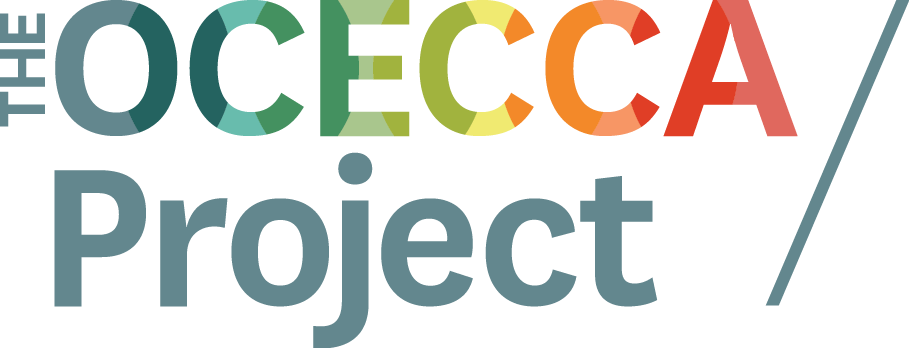Occupation-specific language assessments are tools that measure levels of language proficiency within the context of a specific occupation or profession.
Occupation-specific assessments share some characteristics with general English language assessments. For example, both types of assessments are designed to measure overall levels of language proficiency in the areas of speaking, listening, reading, and writing. As well, both types of assessments are commonly designed using a communicative model of language use. To test one’s ability to use language to accomplish different communication tasks, test developers use integrative (reading to gather information and writing to communicate that information to someone else) and skill-specific (listening and reading comprehension, for example) language tasks. Occupation-specific test developers will select language tasks that are common in the workplace as the basis of their tests. Valid tests, regardless of their purpose, must be psychometrically analysed for reliability and validity.
International professionals who must demonstrate their language proficiency report that occupation-specific assessments are especially suitable to their purposes. Firstly, occupation-specific assessment recognizes their background knowledge and creates a fairer and more affirming opportunity to demonstrate language ability. Research demonstrates that test takers perform better on language tests where the content and context are familiar (without compromising test results). IEHPs also benefit from the "wash back" of occupation-specific testing - they actually learn something about the communicative demands of the target workplace by completing the test. Occupation-specific assessment design is informed by careful language needs-analysis, which allows the assessment to more precisely measure an individual’s communication skill in a target situation. An occupation-specific assessment that measures the critical communicative features of the target situation has “situational authenticity.” This authenticity allows the test users (for example, regulators or employers) to anticipate a more direct relationship between test performance and communication in the target situation, thus giving them a more accurate sense of how well any given individual is likely to perform “on the job.”
Occupation-specific, or specific purpose, language assessments have been increasing in use over the last twenty years. In Canada, several occupation-specific language assessments have been developed. The proposed OCECCA will facilitate the availability of these tools to IEHPs, and streamline the professional registration process by offering IEHPs the opportunity to focus on profession-specific language skills from the outset.

